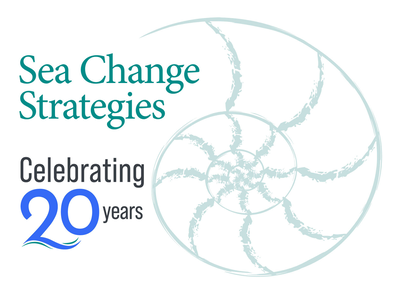Need to change minds? Make a weaker argument.
Liberals are baby-killers.
Conservatives won’t let women control their own bodies.
Conservatives are oil-guzzlers who hate the planet.
Liberals are chicken littles who don’t understand the cost of energy.
Often, the arguments that we most frequently use to try to change our opponents minds — in policy debates, in communications work, in storytelling — are the most threatening to our opponents’ world view and self image.
This fascinating article explores how these extreme arguments are a slam-dunk for those already partial to them, but too threatening to those who aren’t. It explains that in order to win hearts and change minds, we need to make less argumentative statements that have a better chance at connecting with our target audience.
Imagine that instead of arguing about the quantity of gun deaths, for example, you make the case that universal background checks will allow a mom with two young kids to feel less nervous about the strange, reclusive man who lives down the street. Now your point is much less threatening. People will never believe they help bring about the deaths of innocents, but they can believe they failed to consider the peace of mind of some person they don’t know. The argument is objectively weaker, but it’s more likely to be below the threat threshold that leads to automatic rejection. It might actually be considered.
Of course, in fundraising, we usually are already speaking directly to people who believe what we believe. Even so this article underscores the fact that we must begin with our audiences first. What is it we want them to do? What is getting in the way of them doing it? How can we communicate effectively to get them over the barriers they face — even if it means fundamentally shifting our approach?
